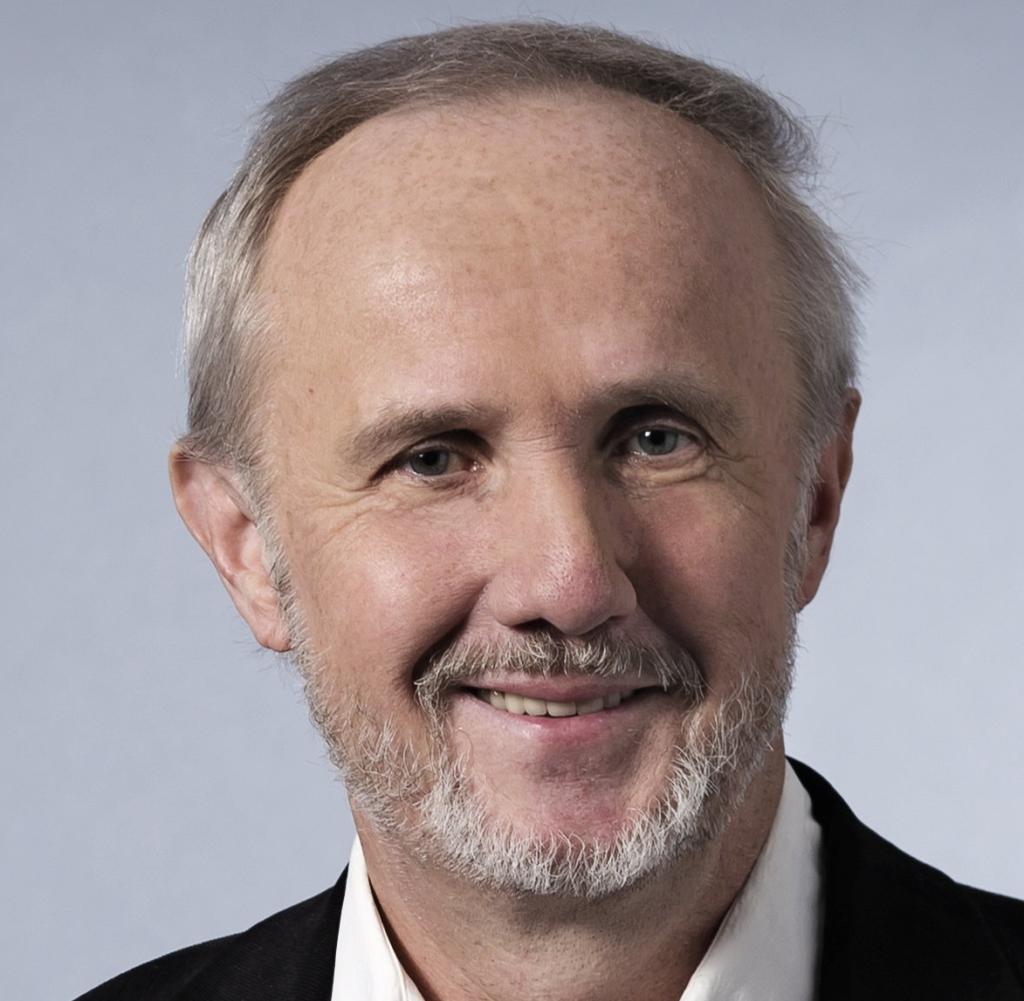It was the autumn of 1969. President Nixon’s security adviser Henry Kissinger was investigating the possibility of dropping an atomic bomb during the Vietnam War, Willy Brandt was elected Chancellor of Germany, and in Yugoslavia a young actor named Donald Sutherland was filming the military comedy “Shock Troop Gold”. One day, star Clint Eastwood pulled him aside. “I have some bad news for you,” he began. “Your wife Shirley was arrested in Beverly Hills when she tried to buy hand grenades for the Black Panthers from an undercover FBI agent.”
What the actress Shirley Douglas (mother of their son Kiefer) had done was not normal, but it was not really surprising either. That was the way things were back then, there was unrest everywhere, against Vietnam, racism, the establishment. Howard Levy, a doctor who had refused to train Green Beret medics, found it outrageous that the comedian Bob Hope was moving from US base to US base in Asia to strengthen the fighting power of the GIs with his raunchy jokes. A corrective to this had to be put in place.
Levy knew Jane Fonda, the hottest star on the planet since her role as the space “Barbarella,” and together they hatched an Anti-Hope tour, a tour of military bases from Hawaii to the Philippines to Japan with satirical sketches and songs. Of course, they were not welcome on the bases and had to go to cafes or theaters. More than 60,000 soldiers attended the shows, most of whom must have hoped to see Barbarella back on the Orgasmotron, not as an agitator with her fist raised.
The sketch troupe also included Donald Sutherland, who had just filmed the thriller “Klute” with Fonda, during which the two began an affair (although Sutherland, with his piercing eyes and long teeth and nasty grin, was not a handsome man, and even though Fonda was married to “Barbarella” director Roger Vadim).
The show’s sketches were also not very subtle, poking fun at the unpopular war and unpopular superiors. In one, a sergeant (actor Michael Alaimo) tells a recruit (Sutherland) that he’s going to hire a bodyguard. “But why do you need a bodyguard?” the GI replies. “You’re surrounded by 200 armed men!” The sergeant replies, “That’s exactly why.”
There is a film documentary about the tour called “F.T.A.”, an acronym that was sprayed all over barracks walls at the time. A sketch in the film wonders what the letters could mean, “Free The Antarcticans” or “Free The Army”? Inevitably, the soldier audience at the shows themselves provided the answer: “Fuck the Army!”
Sutherland was just becoming famous himself at the time, as army surgeon Hawkeye in the military satire “M.A.S.H.”, always well supplied with fresh blood from the three-kilometer-away front in Korea, the previous major American war. The director Robert Altman was an opponent of the Vietnam War, and so were Elliott Gould and Tom Skerritt and actually everyone involved (except the libertarian Robert Duvall) and certainly Donald Sutherland.
Of course, “M.A.S.H.” was an allegory of the current war in Vietnam. 40 years later, when Sutherland was sent the script for the “Hunger Games” film, he wrote a letter to the director. “I explained to him,” Sutherland said in an interview with WELT, “that for me this story was an allegory for the United States. For me, the Hunger Games were a substitute for the military conscription that we fought against back then.” He played President Coriolanus Shaw in four films.
As a Canadian citizen, Sutherland was immune from being drafted into Vietnam. This did not slow down his commitment. For example, he refused to appear in violent films. This cost him the lead role in “The First Man to Die”; what would he have made of the part that then went to Burt Reynolds? This did not stop him from playing the murderous fascist overseer in Bernardo Bertolucci’s “1900” epic; after all, he said years later, he had not been able to watch the film for many years.
By this time, Sutherland was already an international star, which can also be confirmed by a persistent rumor. In the supernatural Venice horror film “When the Gondolas Wear Black” – which has long since become a cult classic – he and Julie Christie played a bed scene. When the editor-in-chief of the trade magazine “Variety” claimed four decades later that he had been there and that real sex was being seen, Sutherland felt compelled to issue an official denial: “None of it is true. None of it. No sex. He was not there. From beginning to end there were only four people in the room: the director, the cameraman, Julie Christie and me. Nobody else.”
If you look at Donald Sutherland’s film list, you’ll want to organize a Sutherland film month. That is to say, one month would not be nearly enough for the exact 200 films he has accumulated in 62 years on the screen. He has been everything: general, prince, priest, judge, heart surgeon, professor, ambassador; also Casanova, Gauguin, J. Paul Getty and Homer Simpson (his role name as the uptight accountant in “The Day of the Locust”, the inspiration for Matt Groening, ten years before Homer appeared in Springfield).
This idiosyncratic loner, who in his films often tries not to go mad in the crazy world around him – how much there is to discover or rediscover: his ice-cold killer in “The Needle”, the hashish-smoking professor in “I Think I’m Kicking a Horse”, the father shaken by the death of his son in “Ordinary Family”, the imprisoned pyromaniac in “Backdraft”, the mysterious informant in “JFK”, a Mark Zuckerberg figure before Zuckerberg in “Revelation”, his Mr. Bennet in “Pride and Prejudice”, the psychiatrist Wilhelm Reich in the Kate Bush video “Cloudbusting”.
This was “only” a music video, but it was close to his heart. Sutherland had an encyclopedic knowledge and an excellent memory. He brought up Reich himself in the WELT interview:
“I have read the Communist Manifesto and Mao’s Red Book. And Frantz Fanon. Do you know Fanon?”
“The theorist of decolonization?”
“Yes, that one. I’ve also read Wilhelm Reich’s ‘Mass Psychology of Fascism,'” Sutherland continued. “Panem is not a specifically fascist state, but it is about hegemony, about a union of the richest people who control the government and the courts: that’s exactly what’s happening in the United States right now.”
“What are you up to?”
“One percent of Americans own more wealth than the bottom 90 percent combined. The six Walmart heirs own more than the bottom 41 percent of the population. Each of the six largest hedge fund managers earned more than two billion dollars in 2013.” An economics professor could not have been more concise in his figures, and we are writing in 2014, and the other Donald is not even mentioned yet.
He has made provisions for the continuation of the Sutherland film dynasty, which is just a side note, with four sons: Kiefer (named after Warren Kiefer, the director of his first feature film, Castle of the Living Dead), the film agent Roeg (after Nicolas Roeg, the director of The Gondolas in Black), the actor Rossif (named after the French documentary filmmaker Frédéric Rossif, whom Sutherland admired) and the actor Angus Redford (who owes his name to Robert Redford, with whom Sutherland made The Ordinary Family, one of the half dozen roles for which he deserved an Oscar). He never received one, not even a nomination. Only seven years ago did he receive an honorary Oscar, a consolation prize for those who have long been shamefully overlooked. The great Donald Sutherland has now died in Miami at the age of 88.




